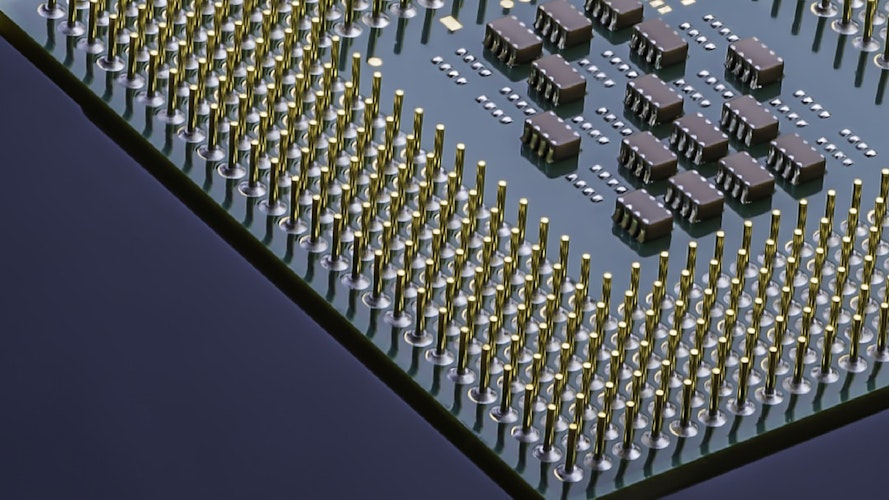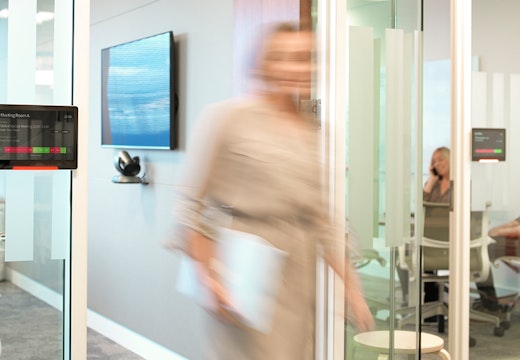Is microchipping the workforce the next tech step-change?
It has echoes of a Hollywood sci-fi blockbuster, but is the idea of microchipping your workforce really so far-fetched? Condeco research suggests not
Implanting microchips in employees may sound like a futuristic and unlikely scenario, but for a select few companies in Belgium, Sweden, and the Czech Republic, it’s their new reality. Seen as an alternative to lanyards and security ID passes, microchips implanted between the thumb and forefinger of employees can give them access to the building and their password-protected systems.
Perhaps more shockingly, this new phenomenon is not being met by a complete wall of resistance. Although the uptake so far is small, less than 10 per cent, it does show a degree of willingness among employees who see it as just the next step in technology.
The most recent company to join the trend is Wisconsin-based company, Three Square Market. The company has assured its employees that the microchip has no GPS capabilities and it is strictly to enable the workforce to log into their computers without passwords, instantly use office equipment, automatically unlock security doors and even pay for food in the cafeteria.
To opt-in or to opt-out?
When Three Square Market proposed this technology to its employees a surprising 62 per cent expressed willingness to engage. However, at a cost of £230 per microchip is a significant financial step up from the standard £20 security ID card and lanyard – although having the microchip lodged in your hand does eliminate the possibility of losing your pass.
Data, privacy and control
Despite the fact they we have readily allowed mobile phones, CCTV and social media to invade our personal privacy, the idea of microchipping – which collects a fraction of data – still seems barbaric. This could be down to our perception of these technologies – we believe we have a degree of control over what we post, or whether we chose to turn off data roaming or change our security settings.
The microchip may just be a small piece of technology, but are we sacrificing a level of control over our own bodies? The process requires you to insert a foreign object into your body at the bequest of your employer. It requires implicit trust in your employer to not take advantage of your data.
Technology-enabled office
Are we just witnessing the next cusp of the digital evolution? Smart buildings have been talked about for some time now. More organisations are including beacons, light and temperature control on an individual scale, smart LED lighting and apps connected to inanimate objects through the Internet of Things. Is the microchip the next logical step for the future of the workplace?
Condeco, a forward-thinking technology company, undertook a survey of their own workforce to understand how their employees would feel about being microchipped. The results showed that around 60 per cent said no, 25 per cent said yes and 15 per cent said maybe. The degree of acceptance by more than a third of our workforce suggests the idea of microchipping is hardly being dismissed out of hand.
Would you be willing to be microchipped by your employer?








